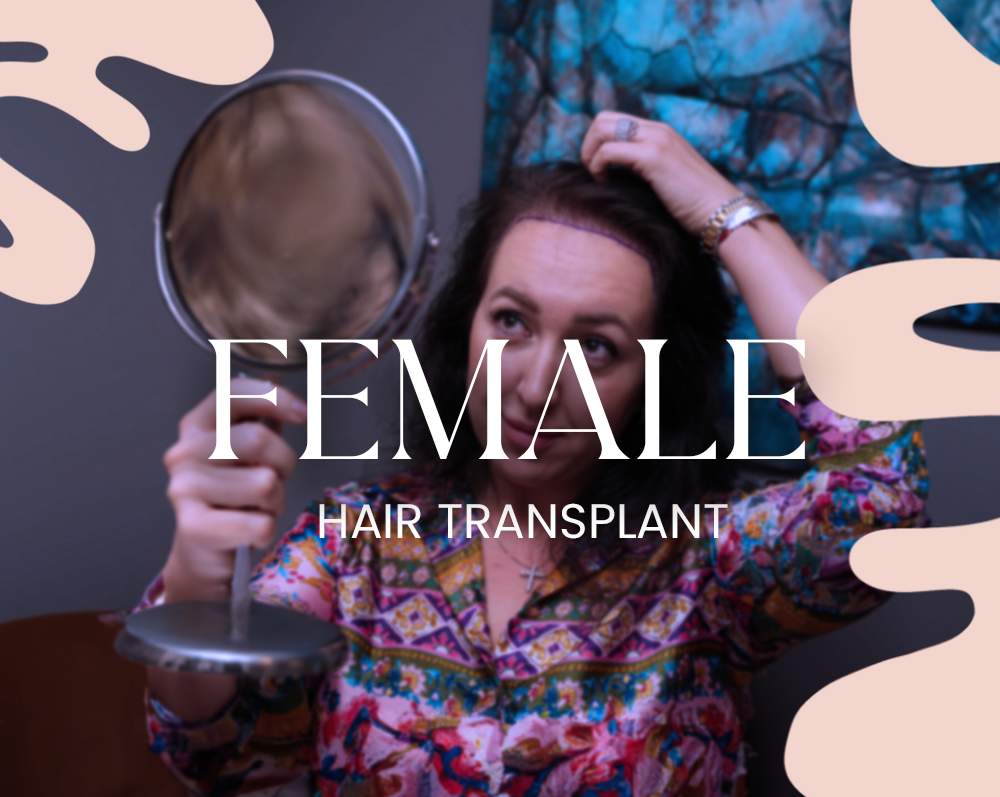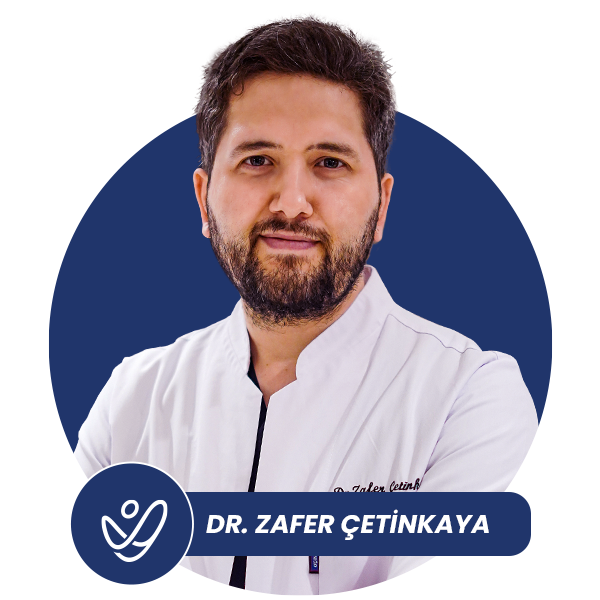
Why Women Lose Hair
Hair loss in women is often more emotionally distressing than in men because it’s less socially expected. The most common type is female pattern hair loss (androgenetic alopecia), which causes thinning on the crown and widening of the part rather than a receding hairline.
Causes include:
- Genetics
- Hormonal changes (e.g. pregnancy, menopause, PCOS)
- Iron or vitamin deficiencies
- Chronic stress or sudden weight loss
- Hairstyling habits (tight ponytails, chemical treatments)
Is Hair Transplant Suitable for Women?
Yes, but only for women who meet specific conditions. The best candidates for a female hair transplant in Turkey:
- Have stable hair loss (not progressing rapidly)
- Have a healthy donor area (typically the back of the scalp)
- Are diagnosed with androgenetic alopecia or traction alopecia
Hair transplant is not suitable for women with diffuse unpatterned alopecia (DUPA) or certain scarring alopecias unless evaluated by a specialist.
Hair type also plays a crucial role in planning a female hair transplant. Patients with curly or afro-textured hair may require technique adjustments for optimal density and growth angles. Learn more about hair transplants for Black women and afro-textured hair.
Female Hair Transplant Techniques in Turkey
Estenove offers two advanced techniques:
FUE for Women
In FUE, individual hair follicles are extracted from the donor area using a micro-punch and then implanted in thinning areas. At Estenove, women can often keep their existing hair length, with only a small donor zone shaved discreetly.
DHI for Women
DHI uses a CHOI implanter pen to implant follicles directly, one by one. It allows for high-density placement and more natural angles, which is ideal for frontal hairline work and temple restoration—two key aesthetic areas for women.
Unshaven Female Hair Transplant
Estenove also provides unshaven transplant options for women who prefer to keep their long hair intact. This is especially appealing for working professionals and public figures.
Female Hair Transplant Cost in Turkey
The cost of a female hair transplant in Turkey is significantly lower than in Europe or the USA. Pricing depends on the number of grafts, technique used, and whether the procedure is unshaven.
| Grafts | Estimated Cost (USD) |
|---|---|
| 2,000 Grafts | $1,400 – $2,250 |
| 3,000 Grafts | $2,100 – $3,375 |
| 4,000 Grafts | $2,800 – $4,500 |
| 5,000 Grafts | $3,500 – $5,625 |
Average cost at Estenove for FUE or DHI: $3,750 all-inclusive without a graft limit.

Calculate the number of grafts needed for your hair transplant and get an estimated cost for various destinations
Why Choose Turkey for Female Hair Transplant?
Turkey stands out for several reasons:
- Experience: Thousands of procedures performed monthly
- Technology: Use of sapphire blades, CHOI pens, and unshaven techniques
- Affordability: Up to 70% lower than Western Europe or North America
- Safety: Accredited clinics with English-speaking medical teams
- Tourism-friendly: Istanbul is a top global travel destination with world-class hospitality
Ready to restore your hair?
Get in touch anytime — our experts are here 24/7 for a free online consultation
How the Female Hair Transplant Process Works
Every woman’s hair journey is unique—and so is our approach. At Estenove, we follow a personalized, step-by-step process designed specifically for female patients. Here’s what you can expect:
1. Online Consultation
Your journey begins with a free consultation. You’ll share photos of your scalp and tell us about your hair loss history. Our medical team evaluates whether you’re a good candidate for a female hair transplant based on factors like donor area quality, hair density, and the type of hair loss.
2. In-Person Assessment
When you arrive in Istanbul, we’ll welcome you with private airport transfer and take you to your hotel. The next morning, you’ll visit our clinic for a detailed examination. We design your new hairline together and finalize the number of grafts needed using our graft calculator.
3. Hairline Design & Donor Area Preparation
Our specialists create a natural-looking design that suits your facial proportions and gender-specific aesthetic. For women, we often use unshaven or partially shaved techniques to maintain your existing hairstyle and discretion.
4. Local Anesthesia & Graft Extraction
We apply needle-free local anesthesia to ensure a comfortable, low-pain experience. Using FUE or DHI technique, healthy follicles are gently extracted from the donor area—usually the back of your scalp.
5. Graft Implantation
Using precision tools like sapphire blades or CHOI pens, we implant grafts into the thinning areas with the correct angle, depth, and density. This is especially important for recreating the softness and flow of female hairlines.
6. Post-Op Care & Recovery
After the procedure, we’ll bandage your scalp and provide all necessary aftercare products. Our team walks you through how to sleep, wash your hair, and care for your scalp over the next few weeks. Most women return to work in a few days with no visible signs of surgery.
7. Hair Growth Timeline
Shedding of transplanted hair is expected in the first few weeks. New growth starts around 3–4 months. By 6 months, you’ll notice significant change. Final results appear between 9–12 months with fuller, natural-looking hair that blends perfectly with your own.
Still unsure what to expect? See real patient stories and watch how their hair transformations unfolded.
Choosing Estenove
Estenove is providing Istanbul’s leading hair transplant services for women. Why women choose us:
- Specialized experience with female cases
- Personalized planning
- Natural-looking results with minimal downtime
- Full-service packages: consultation, hotel, transfer, aftercare
Take the first step today and restore your confidence.



